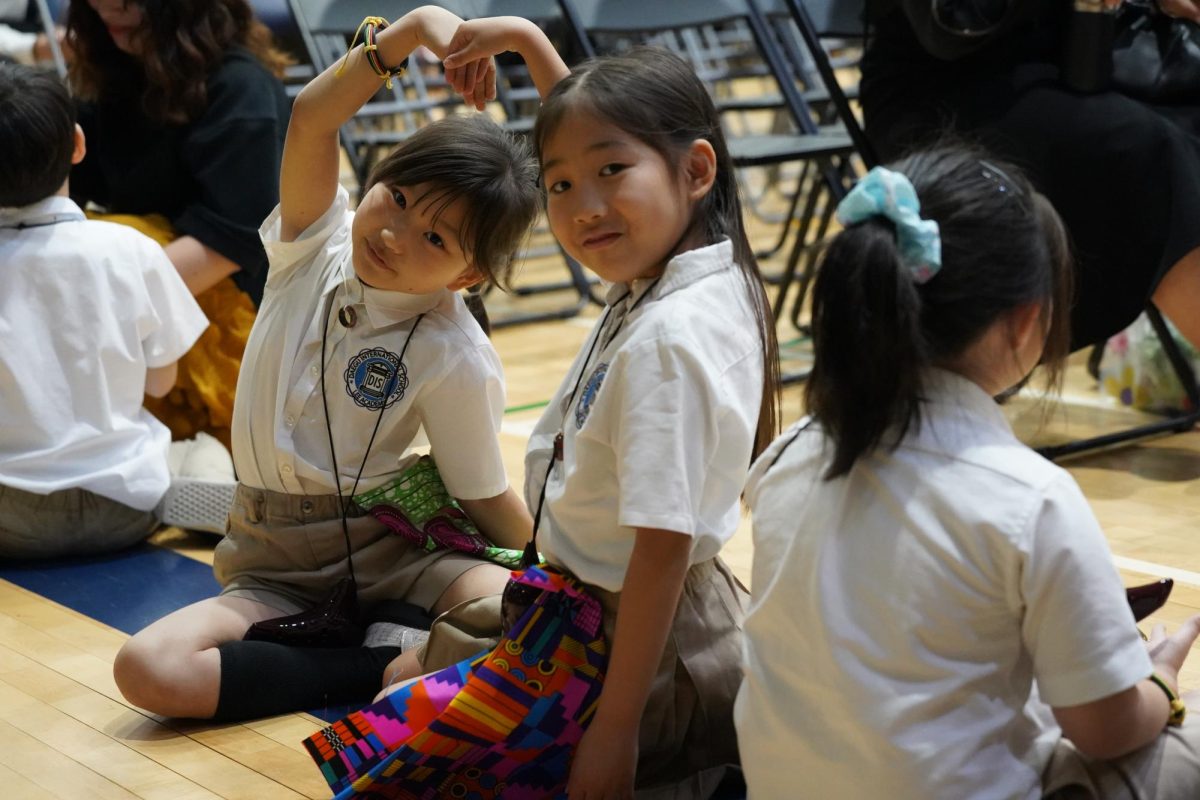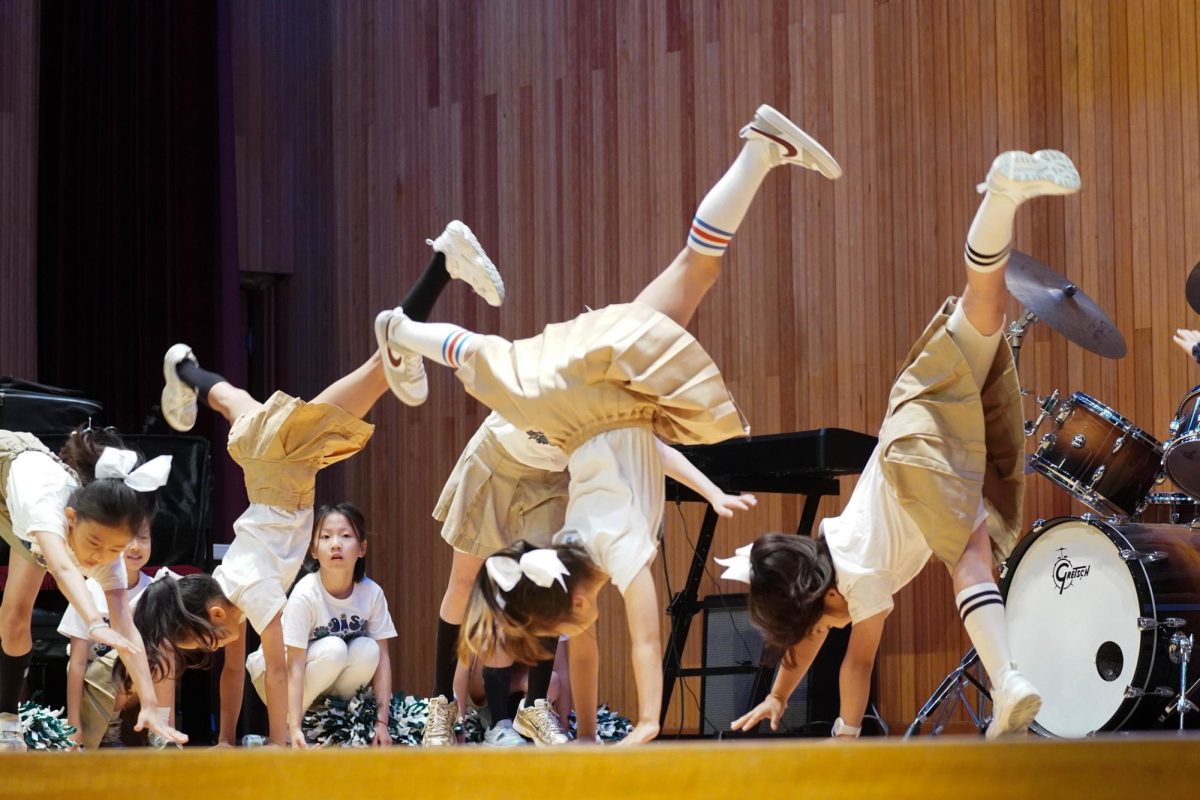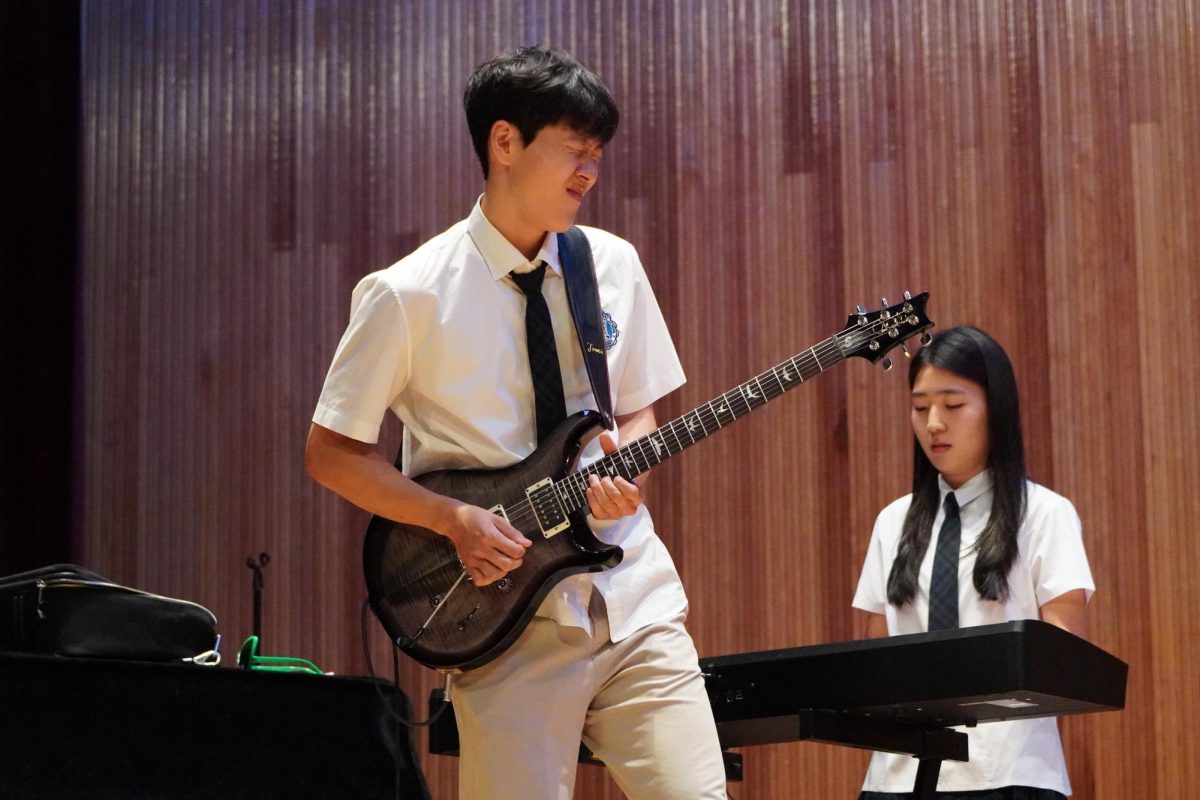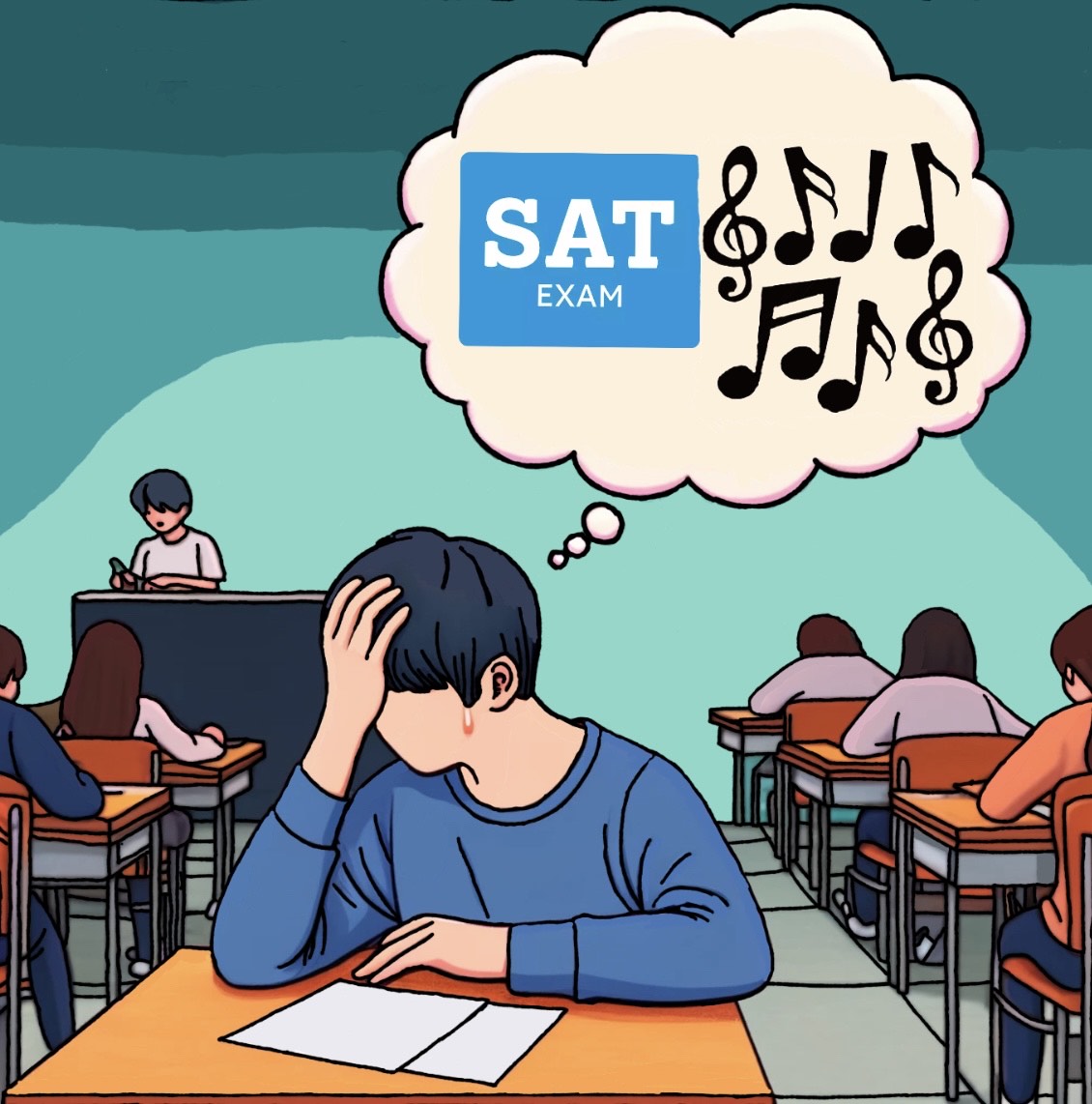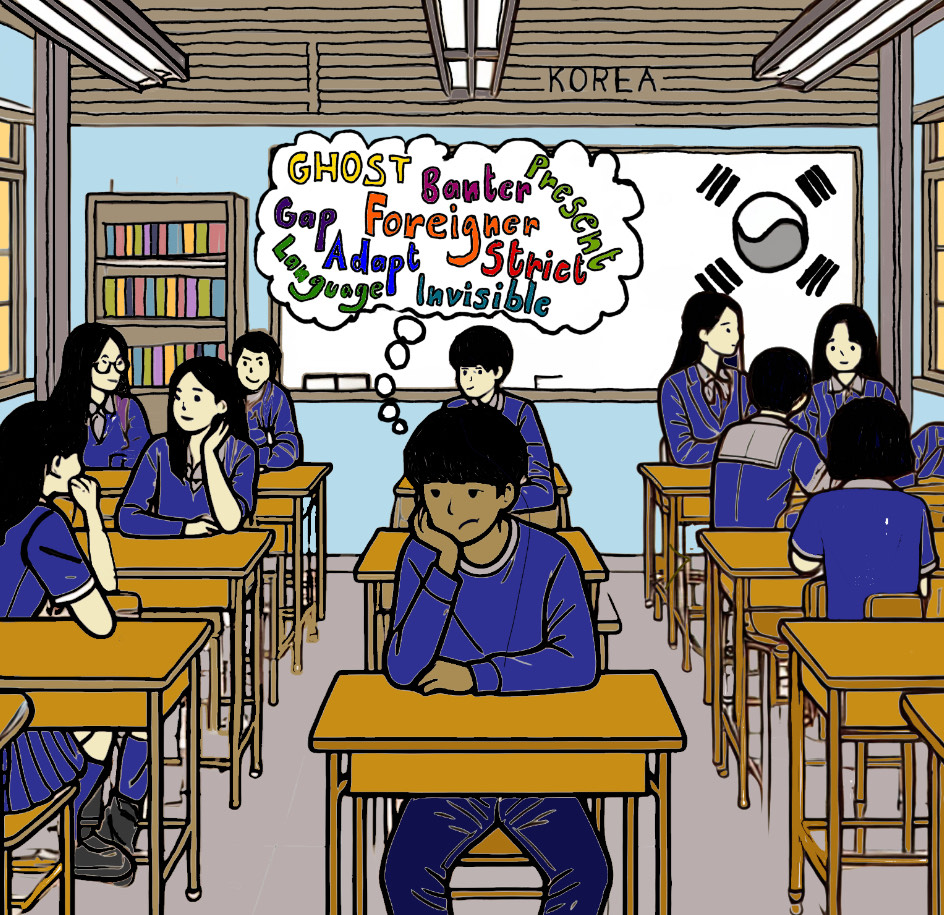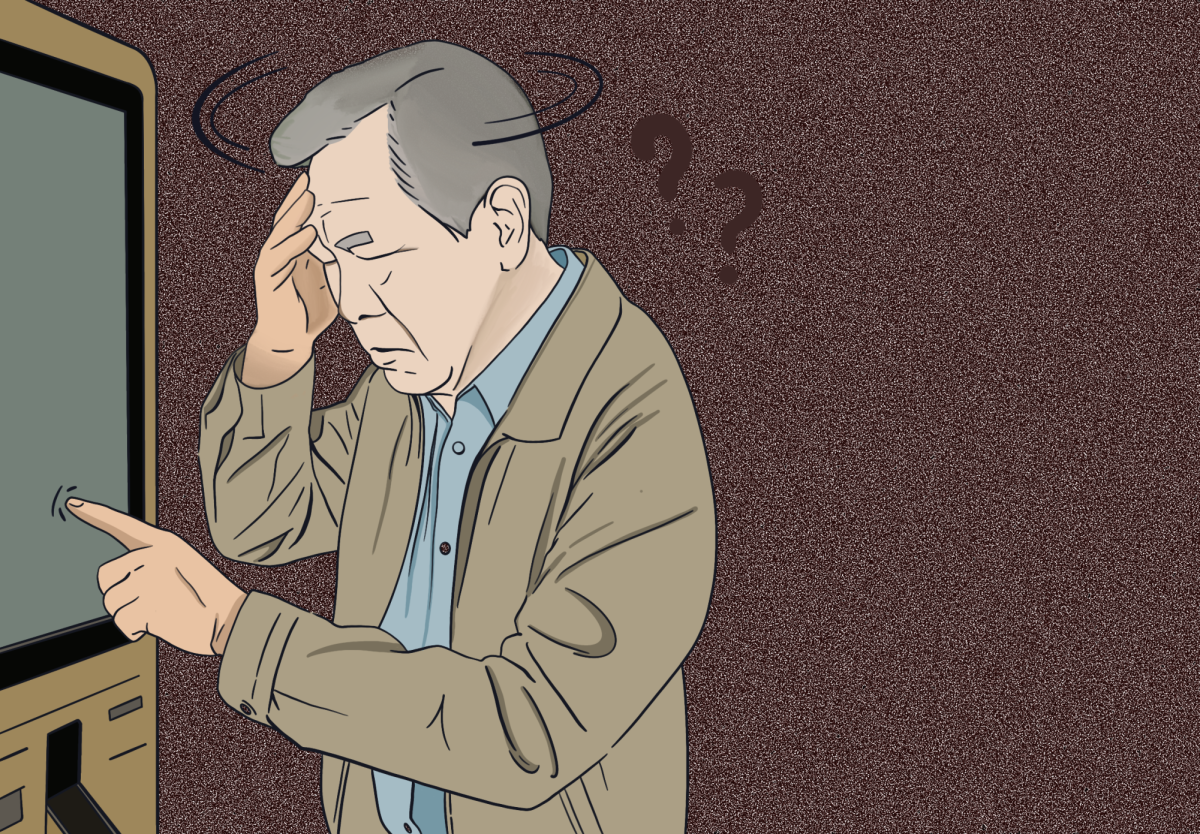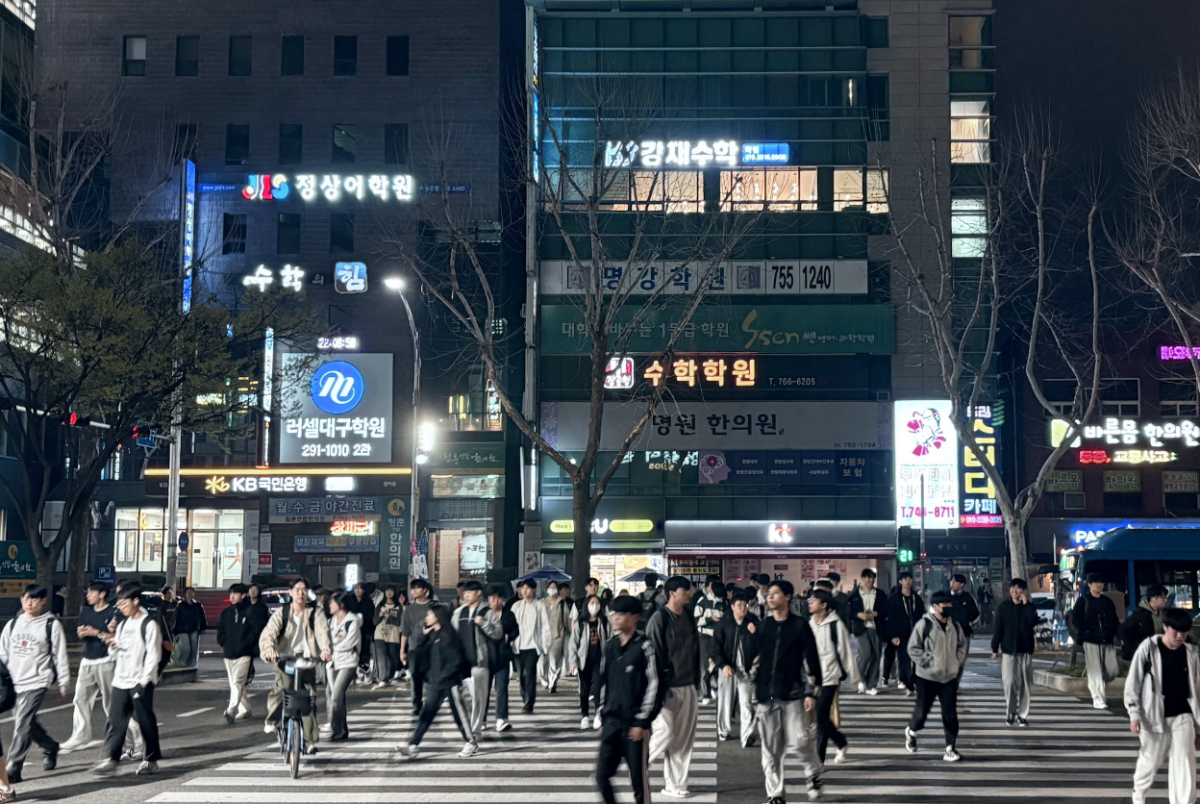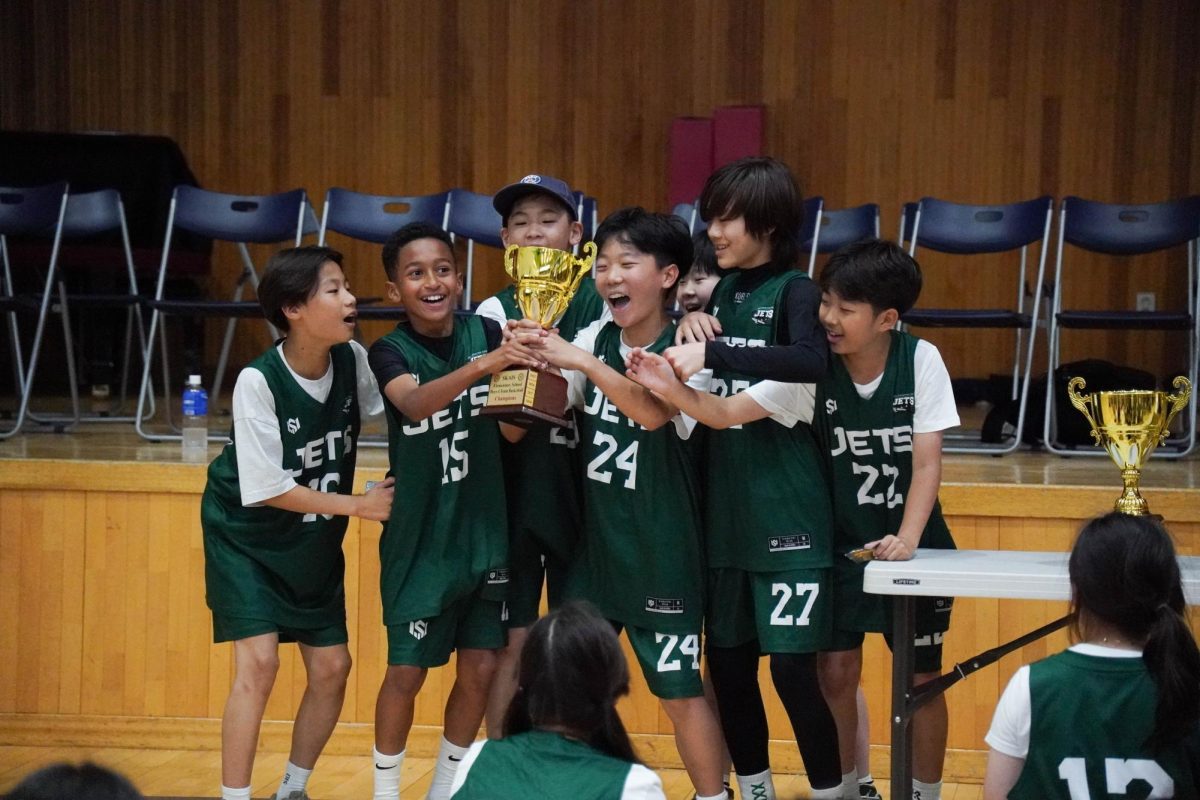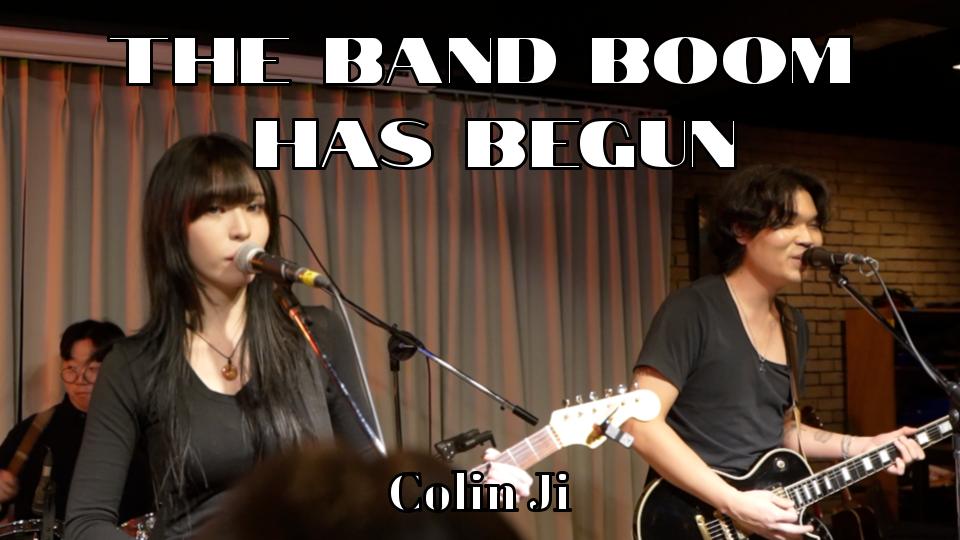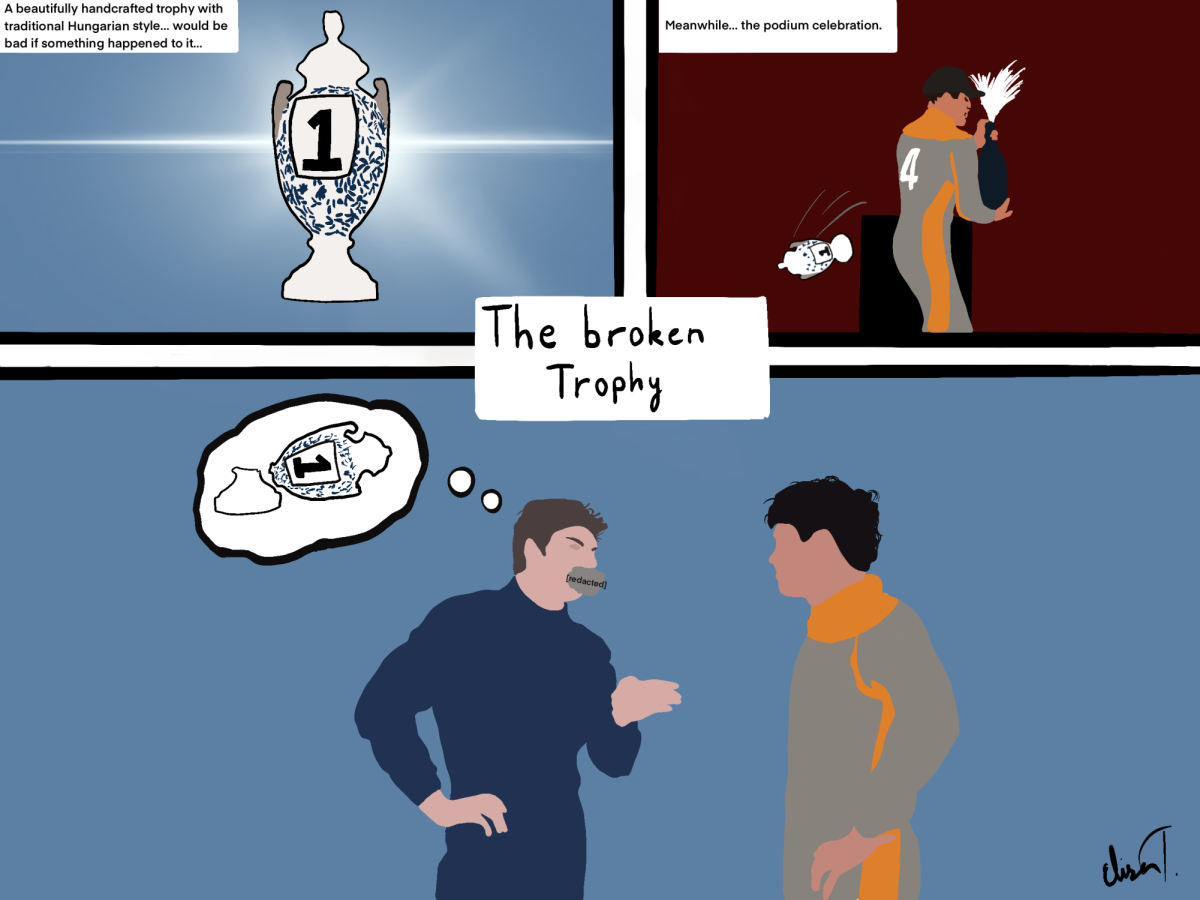The Surprising Success of “Shang-Chi”
Marvel Meets Wuxia: A Powerfully Emotional Superhero Tale
October 11, 2021
Marvel has deviated from the overarching plots of its cinematic universe, opting to take a detour on the scenic route with “Shang-Chi and the Legend of the Ten Rings” (diminutively referred to as “Shang-Chi”). Despite the bluster of the genre itself, “Shang-Chi” remains a fresh, self-aware take on the classic superhero movie. Though its plot and characters aren’t quite groundbreaking, the blockbuster remains an audience favorite–the highest-grossing American release of 2021, Marvel has successfully overpowered the stagnance of pandemic box offices.
The blockbuster’s selling point is its success in weaving emotion into the plot; a delicate balance that’s hard to find in heavy-handed superhero movies. The exploration of complex familial bonds is relatable, and it’s what ultimately allows the film to strike a chord with audiences across the world. Protagonist Shang-Chi (played by Simu Liu) is haunted by a family history that’s dysfunctional to say the least; his power-hungry father Wenwu created the majorly destructive Ten Rings society, which wreaked havoc until Wenwu met Shangchi’s mother (Jiang Li). But his tyrannical tendencies returned upon her passing, and Shang-Chi’s father released his rage by attempting to groom the boy into a killer. The film follows Shang-Chi as he and his sister Xialing attempt to stop his father from succumbing further to his destructive grief, plaiting threads of family with action, and a hint of platonic chemistry on the part of Shang-Chi’s childhood friend Katy.
The film pays clear homage to Hong-Kong action films of days past; a revitalizing allusion to Chinese wuxia tales. “Shang-Chi” enthralls viewers during electrifying fight scenes–well-sequenced blows tear through the screen and truly impact the audience. Despite the lack of blood, every punch and kick was felt; through a combination of artful cinematography and superb work on the part of actors and stunt doubles alike.
The screenwriters’ and producers employed a tested-and-true approach of combining familial bonds with action and nostalgia with innovation: just what the silver screen needed in a time where the whole world is experiencing strife firsthand. Considering that “Shang-Chi and the Legend of the Ten Rings” is accompanied by a solid soundtrack produced by 88rising (an Asian-led company and musical group), the movie manages to round out well-done representation inside and out–noting screenwriting direction from Asian-American Destin Daniel Cretton as well.
With ambitious vision and soulfulness that many of the studio’s films lack, Marvel’s first film starring an Asian superhero has proven to be a box-office success. While the successes of “Shang-Chi” are worth celebrating, it’s worth noting that the film doesn’t exist in a vacuum. Marvel still faces problems with its views on representation–Disney CEO Bob Chapek referred to the film as an “interesting experiment” in terms of representation–the remark sparked dubious responses from the public, mainly due to the implication that diverse leads in Marvel movies would be temporary. Despite this misleading statement, Shang-Chi’s legacy will keep it on track for future success, as a template for more representative cinema in the future.

